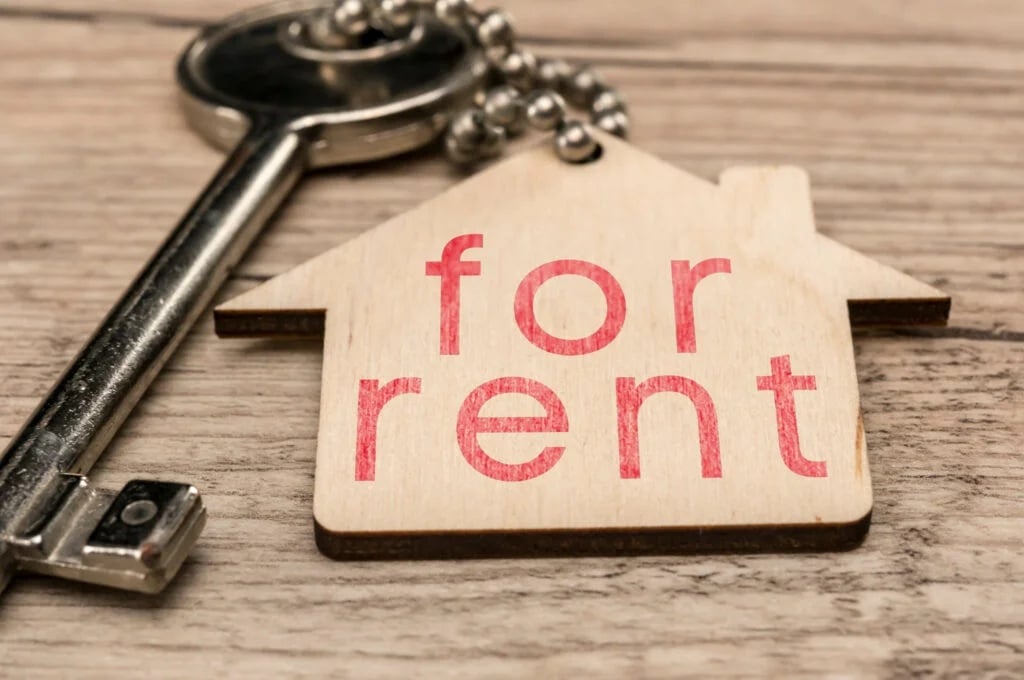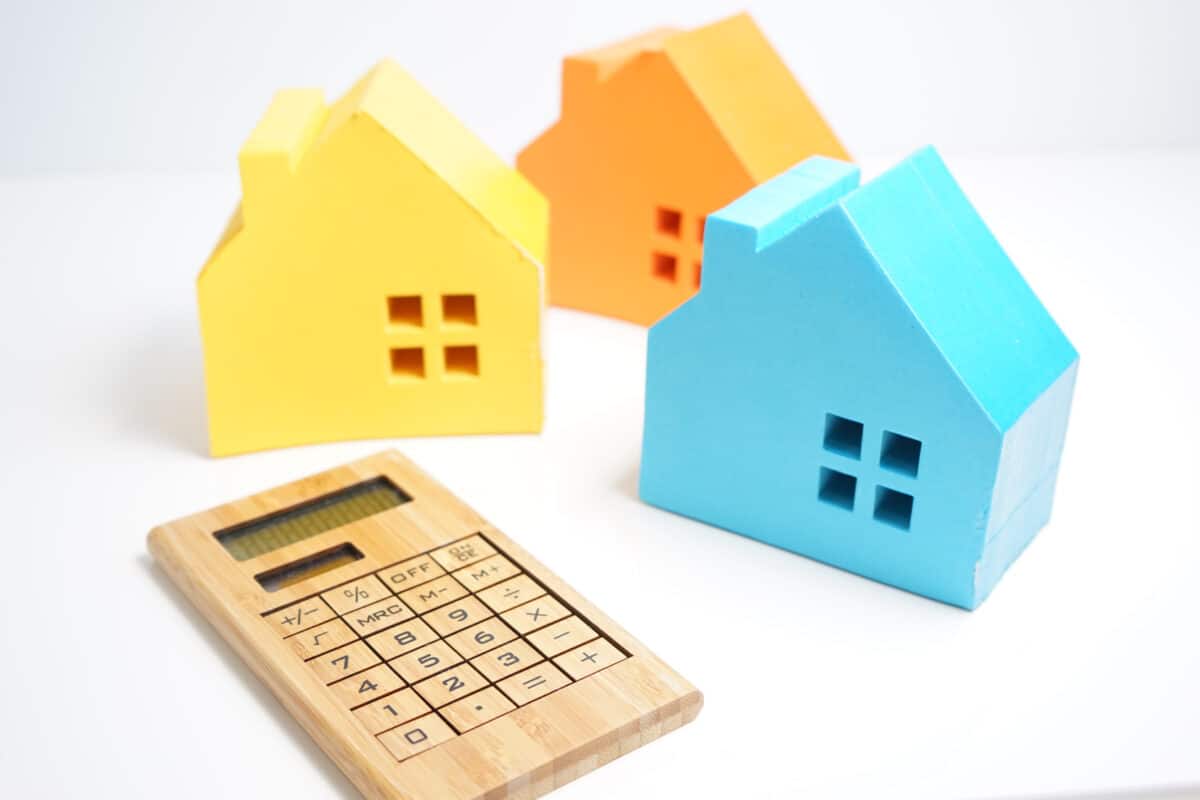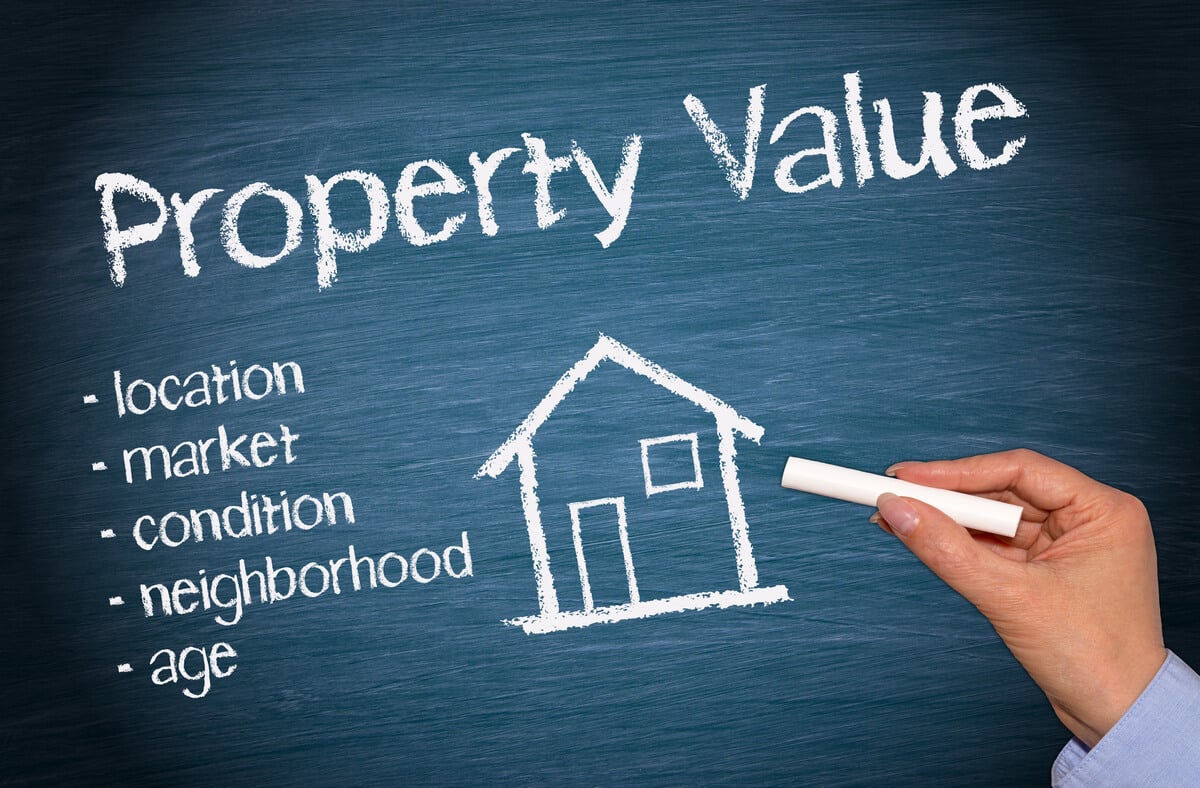Your 2024 Guide to Condo Maintenance Fees

While buying a condo in Toronto or another city is surely exciting, it also comes with responsibilities that go beyond just paying your mortgage. One key aspect that new condo owners and first-time home buyers often overlook is the monthly condo maintenance fees. These fees are crucial for keeping the building’s shared spaces in top shape, ensuring that your investment remains in excellent condition over time.
In this article, we’ll dive into what condo maintenance fees are, how they’re calculated, what they cover, and why they matter. Whether you’re considering buying a condo or just want to better understand where your money goes each month, this guide will help you feel more confident and informed about these essential costs.
Read: Step-by-Step Guide for First-time Home Buyers in Canada
Key points
- Condo maintenance fees are monthly payments for maintaining shared spaces, covering utilities, and funding a reserve for major repairs.
- Fees vary by unit size, building type, and market trends, often increasing annually due to inflation and maintenance needs.
- Non-payment can lead to a lien on your property, and special assessments may be charged for unexpected expenses.
What Are Condo Maintenance Fees?
Condo maintenance fees are essentially monthly payments you make on top of your mortgage, homeowner’s insurance, and property taxes. These fees go directly to your condo corporation to help keep the building’s shared spaces in good shape.
Typically, these fees are based on the floor plan of your unit, so the bigger your place, the higher your fees might be. They’re mandatory in condo developments, with initial calculations made by the developer and then adjusted annually by your condo board. The goal here is to ensure the building stays well-maintained and continues to be a great place to live.
Read: How to Read a Pre-Construction Condo Floor Plan
What Do Condo Maintenance Fees Cover?
Maintenance fees cover the ongoing maintenance and upkeep of all common areas in a condominium. Each month, a portion of this fee is also set aside to grow the development’s reserve fund.
The table will show you how the fees might be distributed. In most cases, utilities take the largest portion (about 32%) of condo maintenance fees.
| Category | Details |
| Building Maintenance | Regular upkeep of common areas like lobbies, hallways, and shared spaces. |
| Amenities Maintenance | Maintenance of amenities such as pools, gyms, and recreation centers. |
| Utilities | Shared utilities including water, heating, and electricity in common areas. |
| Landscaping | Upkeep of gardens, lawns, outdoor spaces, and snow/garbage removal. |
| Security Services | Costs for security personnel, cameras, and other safety measures. |
| Elevator Maintenance | Regular servicing and repair of elevators. |
| Insurance | Building insurance for the structure and common areas. |
| Reserve Fund Contributions | Contributions to a reserve fund for major repairs and replacements. |
| Property Management Fees | Fees paid to a management company for daily operations. |
| Repairs and Replacements | Costs for repairing or replacing common elements, like plumbing or roofing. |
| Legal and Administrative Costs | Legal services, audits, and general administration. |
| Shared Services | Costs for shared services with other buildings, like parking structures or walkways. |
| Miscellaneous Expenses | Other shared expenses, such as pest control, signage, or community events. |
What if You Default on Condo Maintenance Fees?
Based on Ontario’s Residential Condominium Buyer’s Guide, condo corporations will put a lien on your unit if they don’t pay their needed general spending fees. All of the money that is due to you, plus interest and any legal expenses that the company has paid to collect it, are covered by this lien.
A condo corporation has up to three months from the missed payment date to file a certificate of lien against your unit. Before doing so, they must provide you with a ten-day notice. Falling behind on your condo fees is taken as seriously as missing mortgage payments and is handled with similar legal consequences.
Do Maintenance Fees Cover Property Taxes?
Condo maintenance fees do not cover property taxes. According to the Condominium Authority of Ontario (CAO), maintenance fees are specifically used for the upkeep of common areas, amenities, utilities, and management services. Property taxes, on the other hand, are a separate cost and must be paid directly to the municipality based on the assessed value of your condo unit. These two charges are distinct and handled separately.
How to Manage and Reduce Condo Maintenance Fees?
Now that you have a good idea of what condo fees are, it’s best to think about managing and even reducing those maintenance fees, especially if you’re a first-time home buyer. Here are three good strategies:
- Energy Efficiency Improvements: Implementing energy-saving measures, such as installing LED lighting, energy-efficient windows, or solar panels, can reduce utility costs, which might help in lowering condo fees over time.
- Preventive Maintenance: Regularly scheduled maintenance of common areas and systems (like HVAC, plumbing, and roofing) can prevent costly repairs and special assessments, thereby keeping fees more stable.
- Negotiating Management Contracts: Condo boards can actively seek competitive bids from property management companies to ensure they are getting the best value for services rendered. Regularly reviewing and negotiating these contracts can lead to savings that benefit all owners.
What is Special Condo Fees?
If the condo corporation doesn’t have enough money in the budget for a certain fiscal year, like an unforeseen incident (e.g. flooding, legal proceedings, etc.), they can ask for a special fee from condo residents.
This is a one-time fee that each unit must pay that covers their portion of these additional shared expenditures. Like your usual monthly condo maintenance fees, this payment will be a percentage of your total payment, but it will be different in amount.
Do Condo Maintenance Fees Increase Every Year?
Yes, condo maintenance fees generally increase each year, with typical annual increases ranging from 2% to 5%, depending on inflation, rising costs for building upkeep, and other factors like utilities and management expenses. In some cases, the increase can be higher, especially if there are major repairs or upgrades needed in the building.
For pre-construction condos, after the developer hands control over to the condo board, fees may increase further, often by 10% to 20% within the first few years, as the board discovers additional costs that weren’t covered in the initial budget.
Bottom Line
In a nutshell, condo maintenance fees are a key part of condo ownership that helps keep your building in great shape and protect your investment. By understanding what these fees cover and how they work, you can make smarter decisions when buying a condo.If you’re thinking about buying a condo or just want some friendly advice on handling condo maintenance fees, feel free to reach out to us at Platinum Condo Deals. We’re here to offer personalized tips and help you every step of the way.
Jatin Gill, an esteemed authority in real estate writing, is celebrated globally for his unparalleled expertise. With over 20 years in the industry, he has authored more than 1,000 SEO-friendly articles covering every facet of real estate. Specializing in pre-construction projects, Jatin's extensive knowledge spans all real estate topics. His content is a go-to resource for anyone seeking comprehensive, insightful, and up-to-date information in the real estate market.
Learn MoreFrequently Asked Questions (FAQs)
Condo fees cover the maintenance of common areas, utilities, building insurance, and reserve fund contributions for major repairs.
Fees are based on your unit’s size and its share of the building’s total expenses, expressed as a percentage.
Yes, fees typically rise annually due to inflation, increased maintenance costs, or unexpected repairs.
Unpaid fees can lead to a lien on your property, legal action, and possible forced sale of your unit.
A special assessment is an extra charge for unexpected expenses, separate from regular condo fees.
No, condo fees are non-negotiable but owners can influence fee management by participating in board meetings.
Yes, older buildings often have higher fees due to more frequent repairs, while newer buildings may start with lower fees.
Additional Resources















Awards & Achievement










Subscribe for the Latest Condo Deals
Apologies, our subscription list for this month is now full. Please register on our website to secure your spot for next month. Thank you for your interest!

